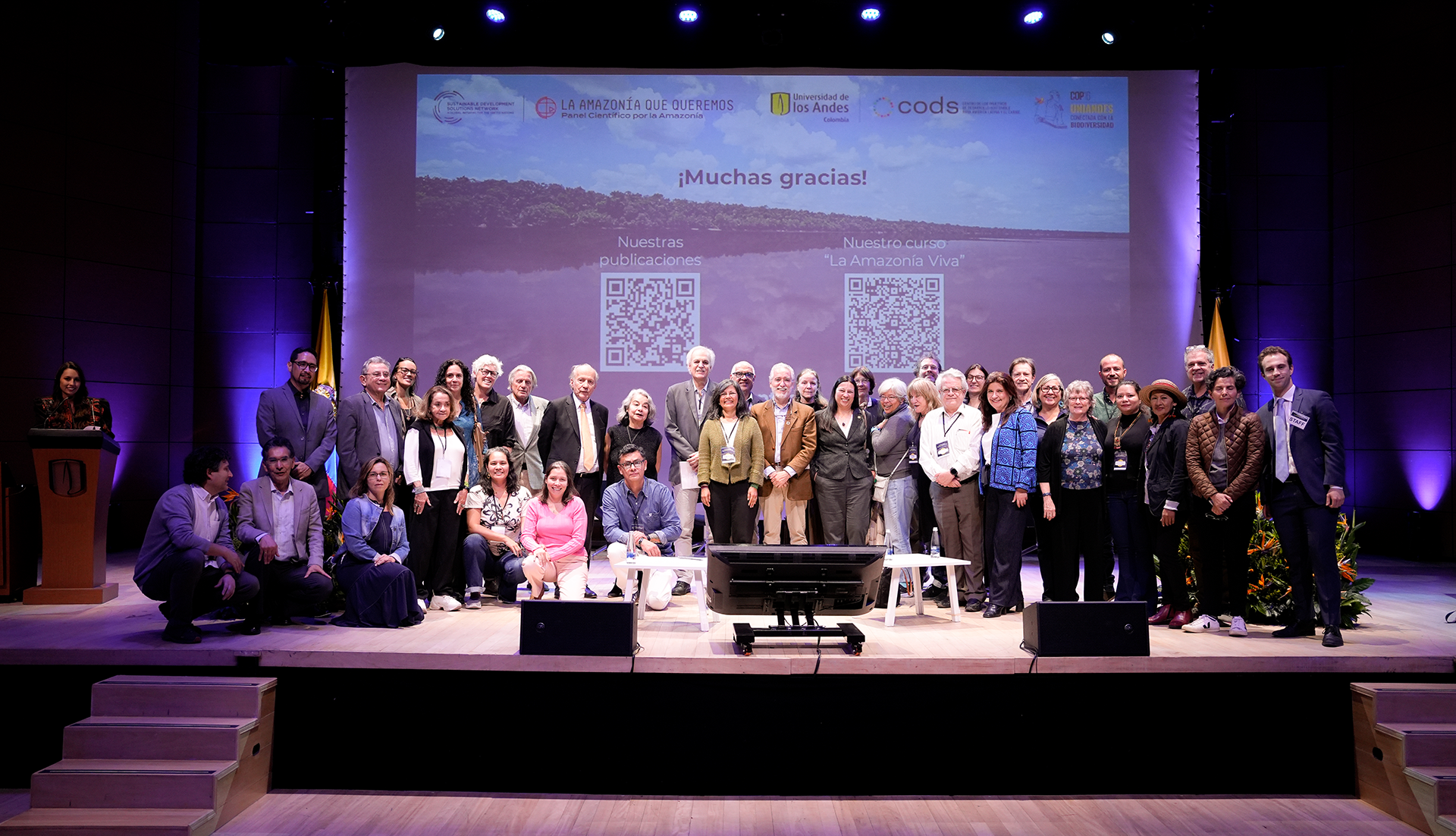

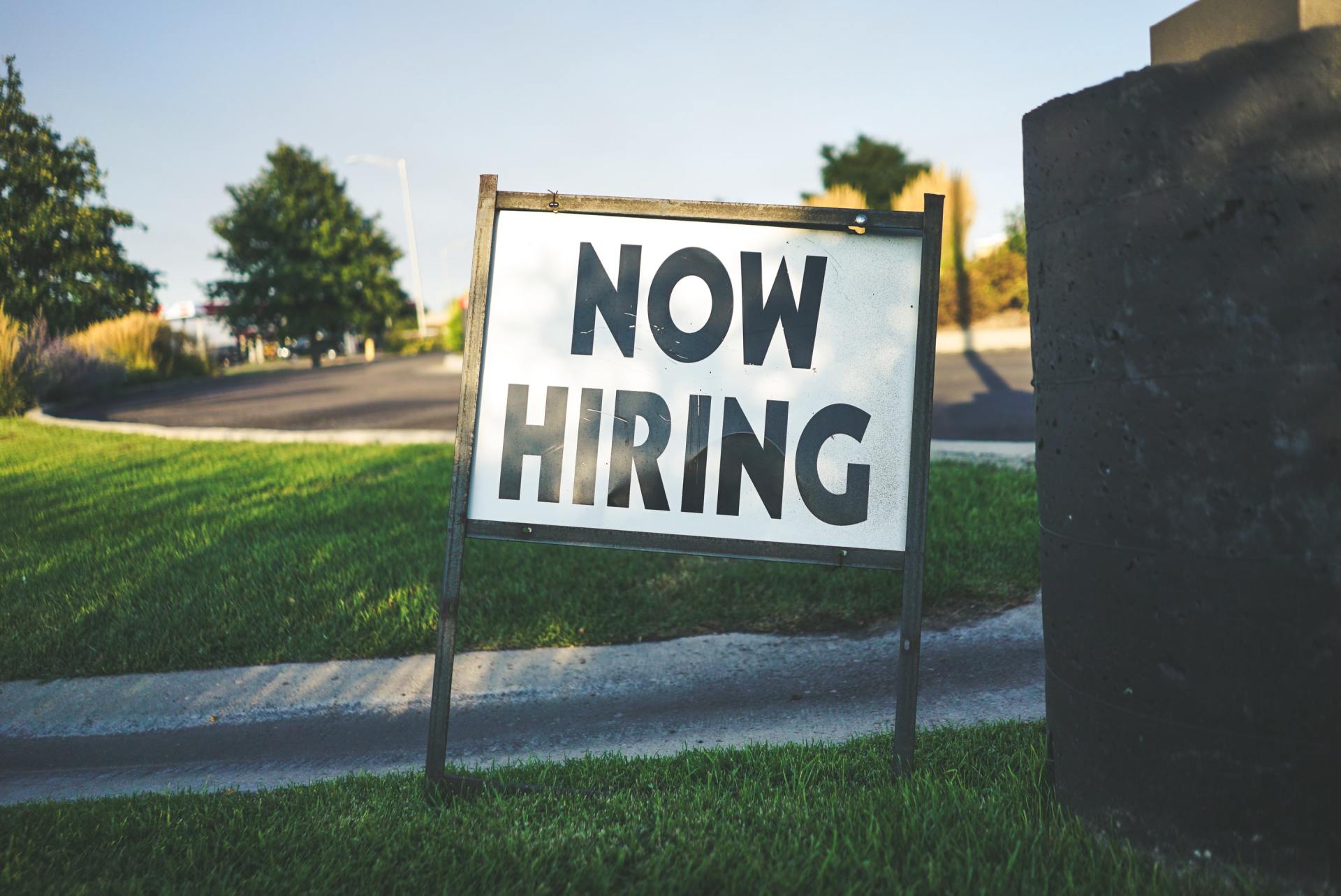
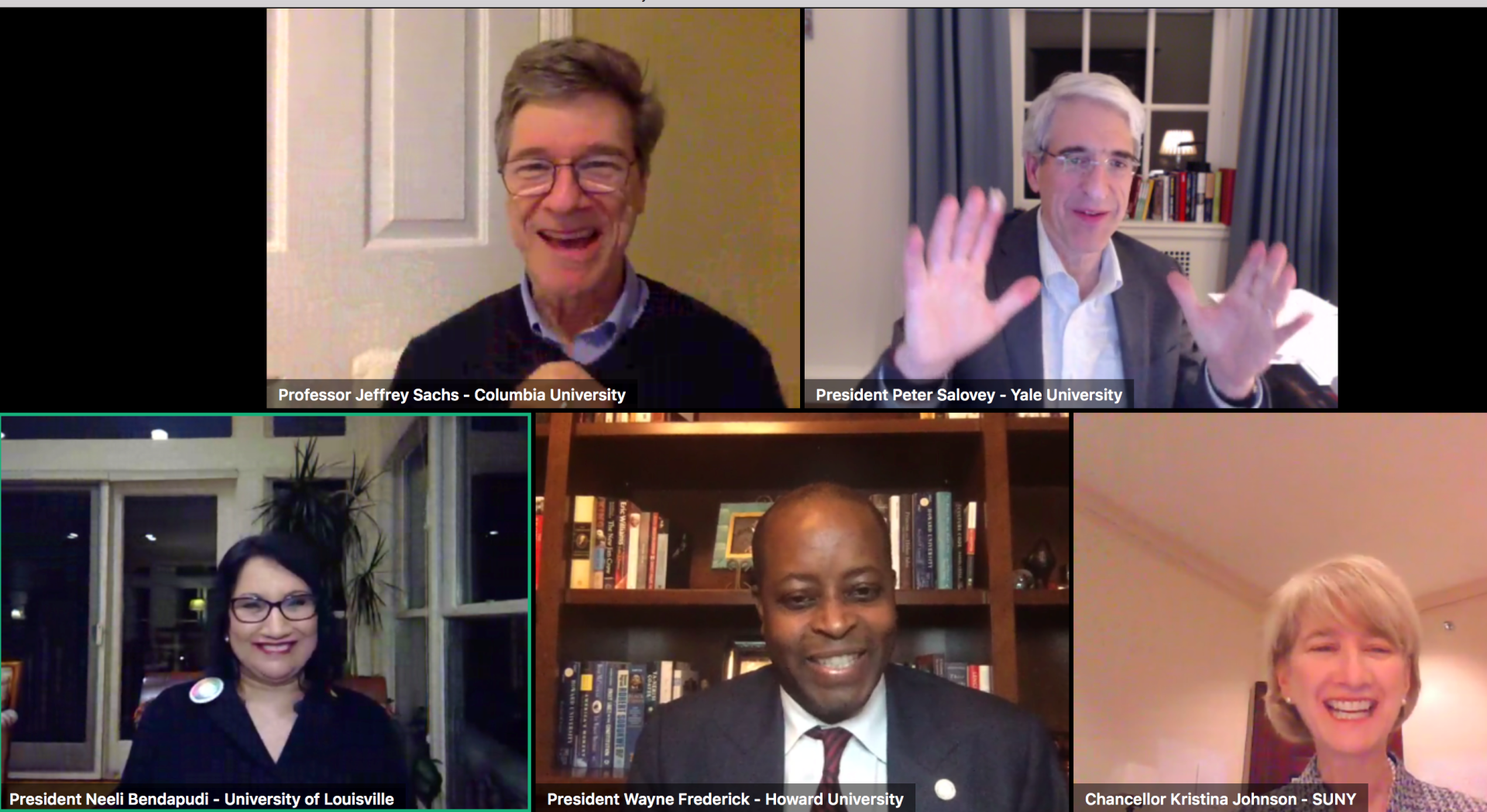
The webinar focused on Happiness and Sustainability Around the Earth . Over 3,000 global citizens tuned in to listen to Nobel Peace Prize laureates, musicians, researchers, celebrities, and CEOs, representing nearly 20 countries. Our community gathered together virtually to promote sustainability and happiness amidst a global crisis. The concept of Happiness was chosen to help unite the efforts of our global network under a unifying banner of solidarity. Happiness and well-being is something all humans share in common, and it is achieved through connecting with one another, an important sentiment in the time of COVID-19.
Happiness and well-being affect our daily lives in a myriad of ways. It can be measured by a variety of metrics including those used in the World Happiness Report , and is heavily influenced by a number of factors, including GDP per capita, social support, healthy life expectancy, sense of freedom to make life choices, generosity, and perception of corruption. It can also be understood more qualitatively as a condition of mental well-being, taking into account aspects of spirituality, cultural practices, and identity. Throughout the webinar, there were several common themes discussed, including equity and well-being, COVID-19, the cultural and spiritual nature of happiness, sustainable agriculture and nutrition, and Agenda 2030. If you are interested in a specific session we encourage you to visit the program,which includes a description of each session, list of speakers, and links to videos.
Equity & Well-being
A pivotal aspect of sustainable happiness highlighted in several presentations was the importance of equity and well-being. Taking into consideration equality in the right to access social services, quality education, and healthcare across gender identity, economic status, and race or ethnicity is a critical aspect of building and sustaining societal happiness. Developing an equitable and just society is just as important to happiness and well-being as ensuring a sustainable food supply. Paul Polman, Chair of the International Chambers of Commerce and the UN Global Compact, and Co-Founder of IMAGINE, said, “ Happiness and the Sustainable Development Goals are nearly the same…. If we really would have achieved the goals and have a more sustainable, inclusive, and equitable world, we would not have been in the crisis and have a better global economy.”
COVID-19 and Epidemiology
Many of our networks chose to cover the impacts of COVID-19 and discussed how it will impact national planning, public health systems, businesses of the future, and philanthropy. During these sessions it was made clear that mental health and well-being are crucial to everyday life, and even more so during the global COVID-19 pandemic. “Social solidarity is essential,” said 350.org Co-Founder Bill McKibben. “It’s going to take all of us working together to get through this.” Now more than ever, it is important to be forward-thinking and optimistic. In the words of Nobel Peace Prize laureate and Grameen Bank Founder Dr. Muhammad Yunus, we need to “redesign and recreate,” not “recover,” the Earth post-COVID-19 through the lens of “social consciousness, environmental consciousness, and social business.” According to Yunus Social Business , a social business “is a company that either creates income for the poor or provides them with essential products and services like healthcare, safe water, or clean energy.” Businesses and our economies will face many challenges post COVID-19, and it is important that nations act now to redesign our health systems and the ways we support workers during times of economic hardship.
COVID-19 is a social crisis and it affects minority groups and the poor at a disproportionate rate. “This is not an equal virus,” said Paul Polman. “This affects the ones who continue to pay the price for our irresponsibility.” In order to combat the global pandemic, global unity and alliances are essential.
The seemingly small, everyday preventive steps are what every person can do to work toward a future without COVID-19, and indeed are critical to secure this future. A question raised at the beginning of the webinar remained constant throughout: Should citizens put the common good before their personal freedom? The resounding answer is yes. In order to be a global citizen and to achieve global unity, one must not only think of themselves. This is not to say personal freedom is not important, but to think of the world as a global society rather than a society of many individuals, especially in the middle of a crisis. In this time of physical distancing but social closeness, SDSN President Jeffrey Sachs said, “We want to stick together, within our families and friends, schools and classrooms, and to stick together globally.”
Cultural and Spiritual Nature of Happiness
Several sessions touched upon the important cultural context of happiness and well-being, explaining that the concept is deeply ingrained in our societies and is often a result of individual mental health, strong social support systems, community sentiment, and willingness to collaborate and trust. Some of the presentations focused on companies supporting mental, physical, and spiritual well-being, while others featured projects or initiatives working to promote the concept of sustainability more generally. While happiness as a political concept was introduced by Bhutan in 1998, happiness and solidarity as a core of morality in society has been fundamental to religious and community cultural systems for millennia. As Professor Wing Thye Woo, Director of the Jeffrey Sachs Center on Sustainable Development at Sunway University mentioned, “When you think about the quality of life, it is more than just living a long life - it is about living a meaningful life.” Throughout session one, it was said that living a meaningful life can also mean living a happier, healthier, and more sustainable life. When living a meaningful life it is important to remember that “Happiness is not a destination, but a journey,” as Dr. Zubaidah Jamil Osman noted. Although the journey of happiness comes from within oneself, it is meant to be shared with others, spiritually and culturally.
Sustainable Agriculture and Nutrition
Sustainable agriculture can be implemented anywhere in the world, as we saw in a number of sessions spanning several continents and contexts. It is not reserved for farmers in rural areas; it can happen in cities and in home kitchen gardens. Whether it is through small or large efforts, sustainable and regenerative agriculture to produce both food and fiber can reduce both the environmental and carbon footprints of these activities to create a better world for tomorrow. This type of agriculture contains three pillars, as presented by Patagonia’s Vice President of Environmental Initiatives, Rick Ridgeway: animal welfare, social welfare, and fairness for the farmers in the supply chain. He called on all participants to “pledge to reduce our consumption on this planet. … If we can convert food production into regenerative farming, it will be the biggest contributor to climate change out of anything we can do.”
Agenda 2030
The SDSN Networks who participated in this webinar are actively working to implement the world’s Sustainable Development Goals (SDGs). This webinar provided a new forum for them to share their solutions, research, and challenges. While Agenda 2030 is a comprehensive framework for sustainable development with 17 goals, 169 targets, and more than 200 indicators, it allows solutions to address multiple bottom lines, ensure sustained impact, and promote transformative change. During this 24-hour webinar, the SDGs were referenced through academic analyses, harmonious music interludes, cultural discussions, and high-level remarks. “It is the goal of the Sustainable Development Solutions Network to remember that … for the Sustainable Development Goals, social inclusion is at the absolute core - leave no one behind and make a sustainable and prosperous world,” said Jeffrey Sachs.
The SDGs act as “a guide to rebuilding our global economy to form a truly sustainable economy as we pass through this terrible scourge and look to a much brighter future,” said Jeffrey Sachs. We were also reminded throughout the event that unity is key. As John Helliwell, one of the lead authors of the World Happiness Report, mentioned, “People are at their best and at their happiest when they are working for each other and with each other.” As citizens came together to celebrate happiness and sustainability around the Earth in the midst of a global pandemic, let us remember the inspirational words of UN Deputy Secretary-General Amina Mohammed, “We cannot forget we are part of the human family, connected and bound by something far more powerful and significant than what divides us.” Unity is stronger than division, and unity is what will allow for a happier and more sustainable Earth.Find the full program and videos here: https://www.unsdsn.org/24hour-webinar
Below are listed all speakers who participated in the 24-hour webinar Happiness and Sustainability Around the Earth.


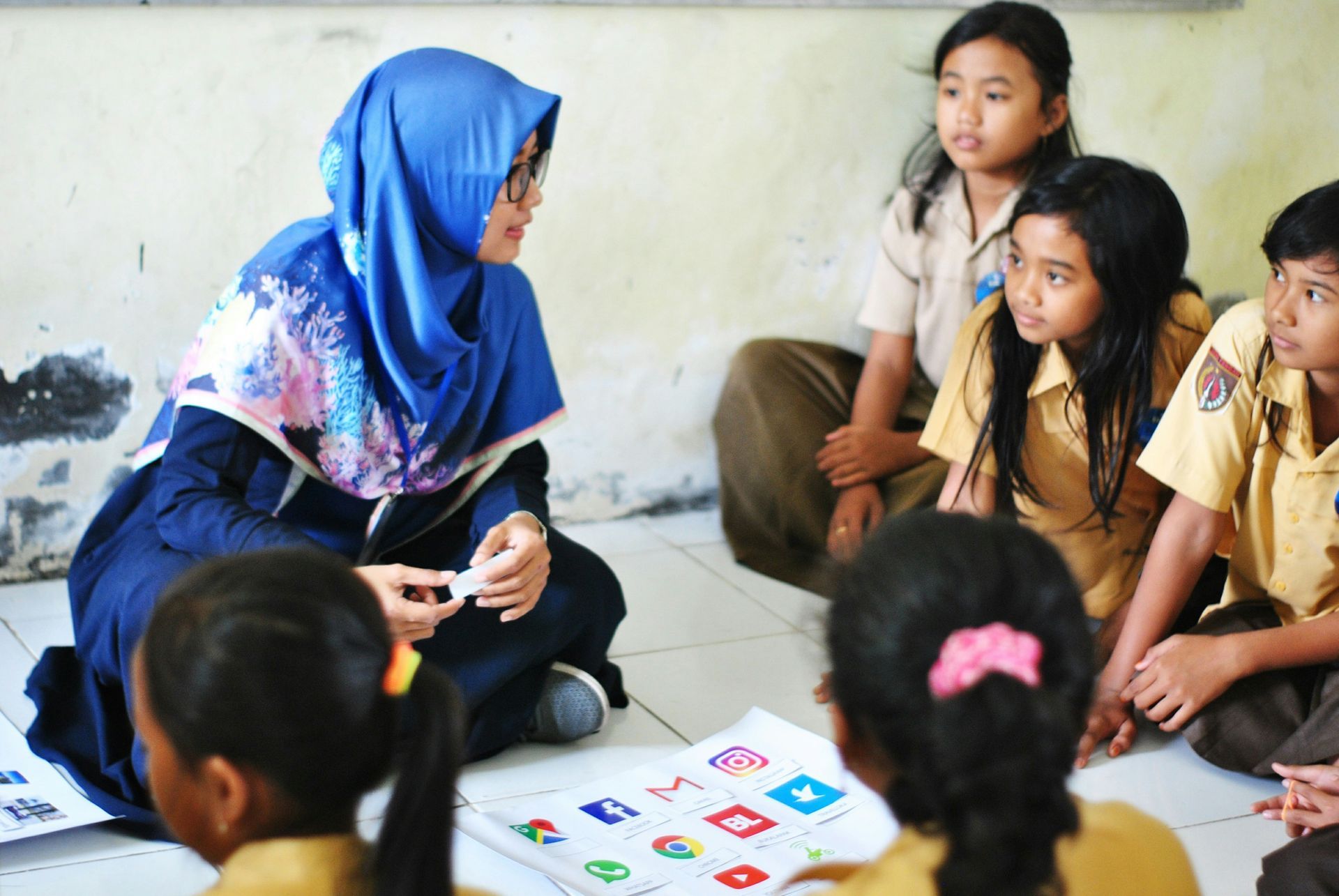

Get our latest insights, opportunities to engage with our networks, and more.
SDSN mobilizes global scientific and technological expertise to promote practical solutions for sustainable development, including the implementation of the Sustainable Development Goals (SDGs) and the Paris Climate Agreement.
Paris
19 rue Bergère
75009 Paris
France
+33 (0) 1 84 86 06 60
New York
475 Riverside Drive
Suite 530
New York NY 10115 USA
+1 (212) 870-3920
Kuala Lumpur
Sunway University
Sunway City Kuala Lumpur
5 Jalan Universiti
Selangor 47500
Malaysia
+60 (3) 7491-8622